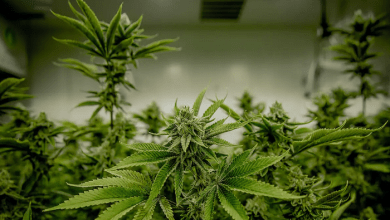What Are the Differences Between Dry Skin Acne and Oily Skin Acne?

There are a few main differences between dry and oily skin acne. Excess sebum production is one of the causes of acne. However, this doesn’t mean that dry skin is always acne-prone. In fact, dermatologists say that the opposite is true for oily skin.
Dehydration levels in the skin
It is important to keep the skin hydrated. Dry skin is prone to acne breakouts and dehydration is associated with post-acne breakouts. While dehydration can affect your skin in different ways, the primary difference between oily and dry skin is the amount of water that the skin needs. Dehydration is caused by not drinking enough water, caffeine, diuretics, and excessive sweating. If your skin is severely dehydrated, consult your doctor immediately. You can also perform a pinch test at home to see if your skin is completely dehydrated.
Dehydration in the skin can be checked by pinching your cheeks. When your skin is dry, the skin won’t bounce back easily. If you have skin that is dry, you should visit a dermatologist for an assessment. Dehydration can cause many symptoms including darkened urine, eczema, and dizziness.
Dehydration can also be caused by illness. If you’ve had a cold or flu recently, you should drink a lot of water. In severe cases, dehydration can be treated with intravenous fluids in a hospital or doctor’s office. However, treating dry skin is more difficult. For this reason, it is essential to use a moisturizing skincare regimen in order to keep your skin moisturized.
Causes
While acne on oily skin is most common, it can also happen on dry skin. This is because the oil on the skin can clog the pores and trap dirt and cellular debris. When this happens, acne forms, often in the form of blackheads or whiteheads. Dry skin also has the tendency to clog pores because it produces tiny flakes of skin.
The best way to treat dry skin acne is to treat it gently. This means choosing products designed for dry skin and avoiding harsh chemicals. You should also use a mild cleanser to remove surface dirt. A non-foaming cleanser is best for this. If you use a harsh cleanser, you risk drying out your skin further.
The main causes of dry skin acne include an unhealthy diet, inflammatory skin conditions, and a lack of moisture. Excessive oil can also cause acne. Inflammation and buildup of dead skin cells can also cause dry skin to become more prone to acne. Also, harsh soaps can cause acne on dry skin. Moreover, unsuitable cleansers can strip the skin of natural oils and moisture.
Treatment
The best way to treat acne on dry skin is to avoid harsh skincare products. Dry skin causes acne due to the buildup of dead skin layers that trap oil. If it is not treated correctly, it can lead to flaky and irritated skin. In severe cases, a dermatologist may prescribe stronger medications. In the meantime, you can practice good skin care habits, such as drinking enough water, to prevent acne.
You should use gentle cleansers that don’t strip your skin of natural oils. Avoid products that are full of fragrance and harsh chemicals, as these may worsen your acne condition. A good choice is the Deep Sea Cleanser, which is formulated with red seaweed extract and rosehip seed to cleanse and hydrate your skin. You may also need to see a dermatologist if your acne is severe.
Conclusion
It can be difficult to treat acne on dry skin. Most acne treatment products are formulated for oily skin, and many of them are drying and exfoliating. Luckily, there are products specifically designed for dry skin.




